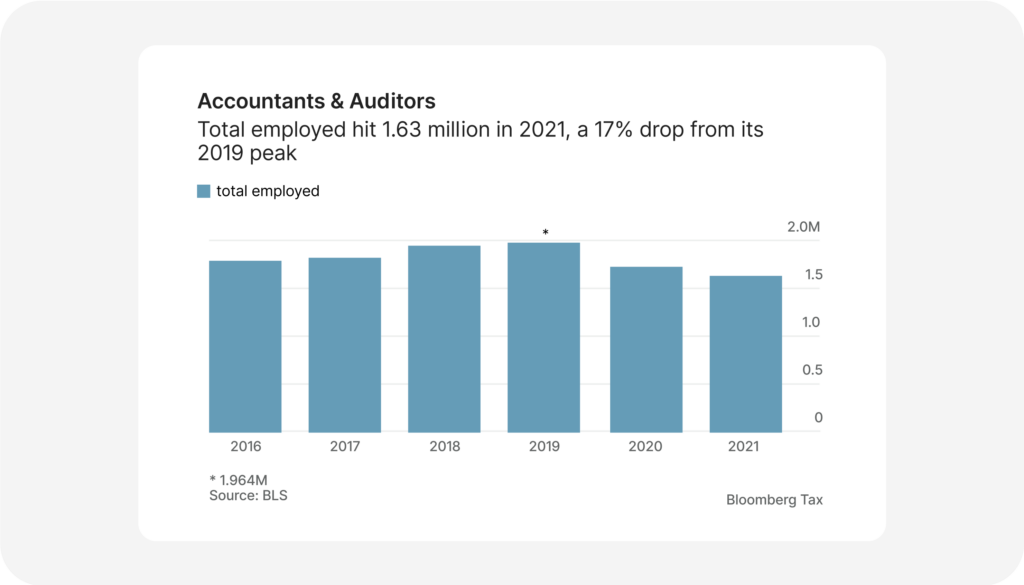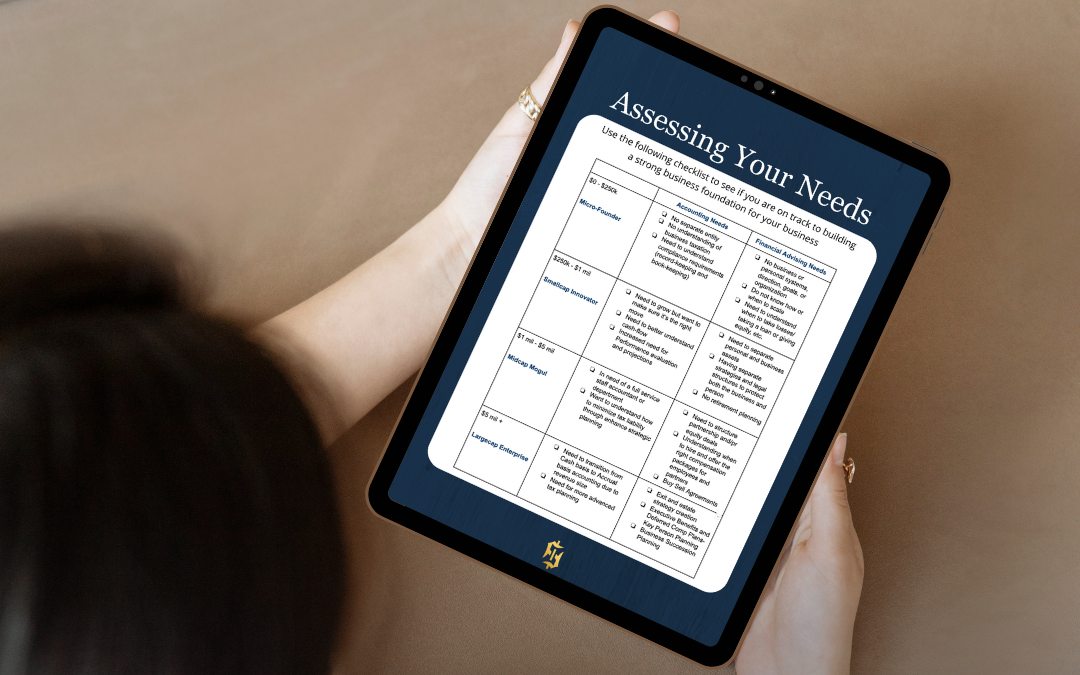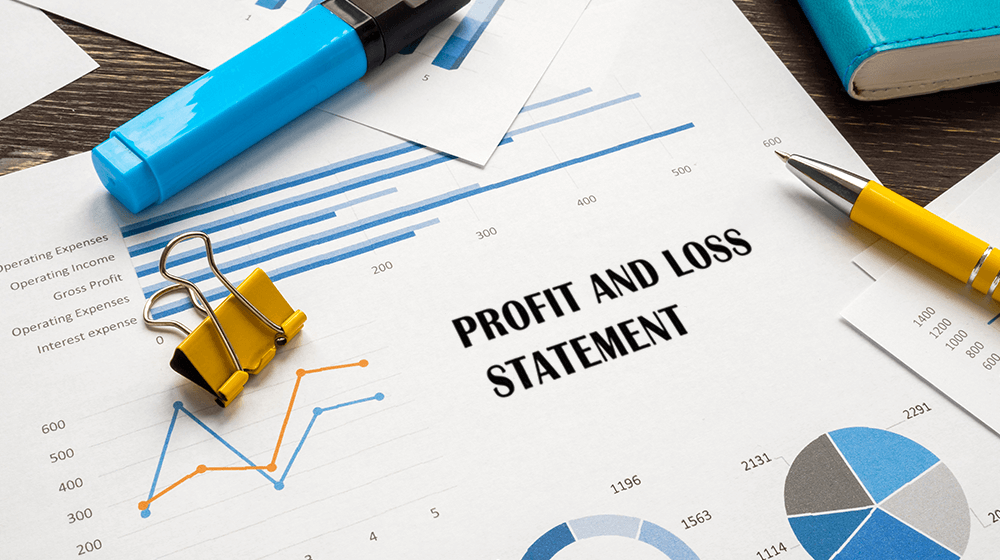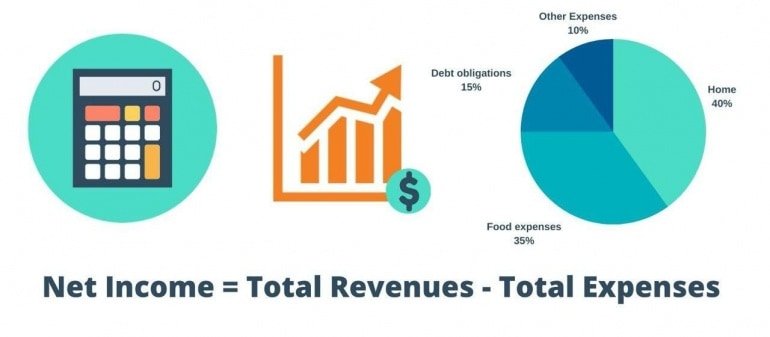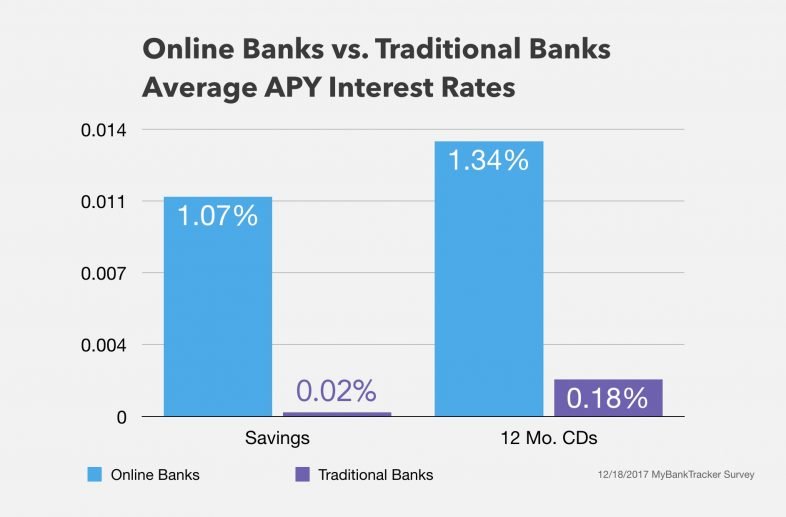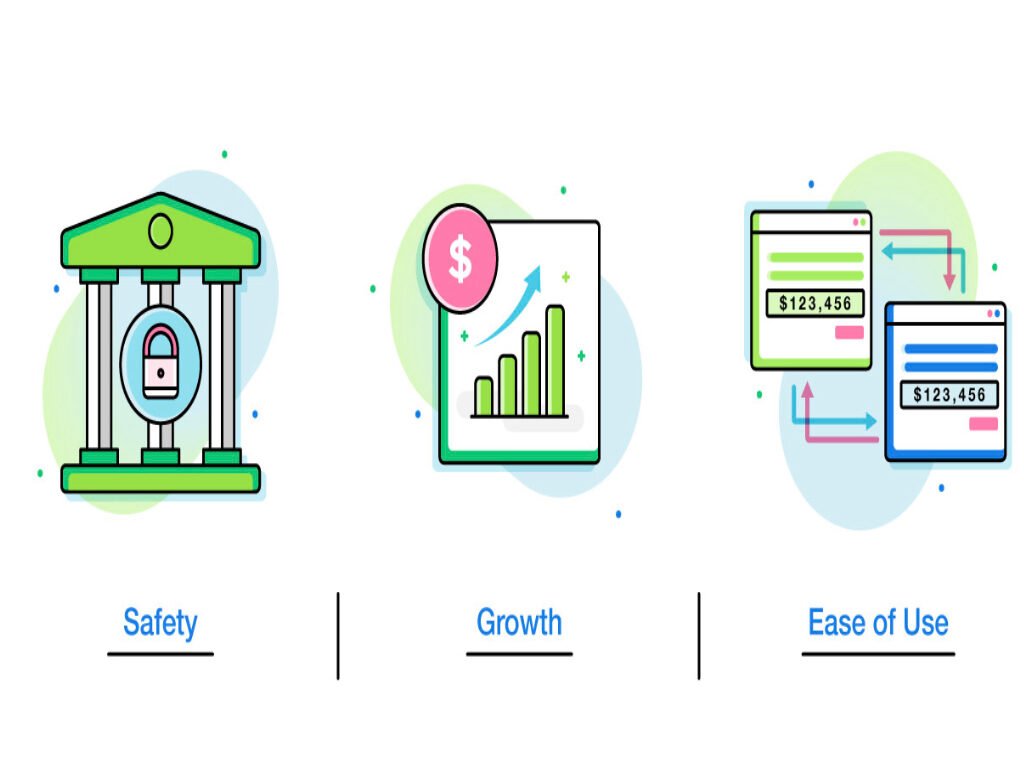FOLA FIN CON LAGOS, NIGERIA 2024

At FOLA, we are deeply inspired by the meaning and cultural significance of our name. “FOLA” is derived from Yoruba, a rich and vibrant Nigerian language, meaning “Honor” and “Wealth.” This name reflects our commitment to celebrating heritage, empowering communities, and fostering growth rooted in dignity and prosperity.
We chose Nigeria as a focal point for our recent initiatives because of its incredible potential, entrepreneurial spirit, and the shared values of resilience and innovation. Nigeria is not just Africa’s largest economy; it is a hub of creativity, resourcefulness, and determination—qualities we seek to nurture and amplify through our programs.
By investing in education, financial literacy, and professional development in Nigeria, FOLA aims to honor its namesake by equipping individuals with the tools to achieve wealth—not just in monetary terms, but in opportunities, knowledge, and sustainable success. Through efforts like FOLA Fin Con Nigeria and the TELP program, we connect the values embedded in our name to real-world impact, creating a ripple effect of empowerment that transcends borders.
FOLA represents a promise: to uplift, to inspire, and to build a future where every individual can thrive with honor and purpose.
Leaders such as Mr. Ayodele Subair, Executive Chairman of LIRS, and Hon. Idris Aregbe, Special Adviser on Tourism, Arts & Culture, shared transformative insights on innovation and community development. Renowned facilitators like Kevin Weems and Bamgboye Adeniyi inspired attendees with actionable strategies for financial empowerment. These thought leaders, alongside our partners from Sterling Bank and Women of Rubies, created a dynamic environment that emphasized collaboration, growth, and the future of accounting, finance, and fintech in Nigeria. Their collective contributions made the event not just memorable but a true catalyst for change.
At the heart of FOLA’s mission and vision is our CEO, Sheneya Wilson, whose dedication to empowering communities through financial literacy and education drives everything we do. For Sheneya, the success of FOLA Fin Con Nigeria and other initiatives like TELP is deeply personal. She has always been passionate about creating financial freedom for individuals, especially those in underrepresented communities. Sheneya’s commitment to breaking down barriers and providing accessible opportunities stems from her own experiences and the challenges she witnessed in her own community.
Through FOLA, Sheneya is not only aiming to build wealth in a financial sense but also to empower people with the knowledge and skills they need to transform their lives. Her vision goes beyond just financial success—it’s about creating a ripple effect where individuals can make informed decisions, thrive, and pass on that knowledge to others. For Sheneya, every program, every partnership, and every conversation is a step toward building a more financially literate and empowered world—starting with Nigeria and spreading globally. This mission is at the core of her leadership and guides every initiative FOLA undertakes.





